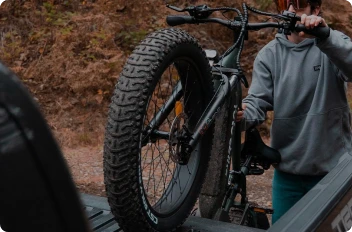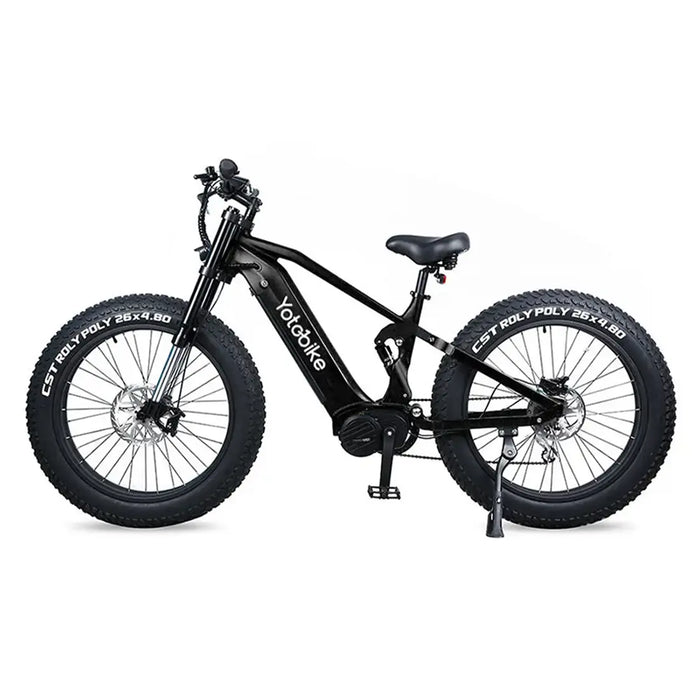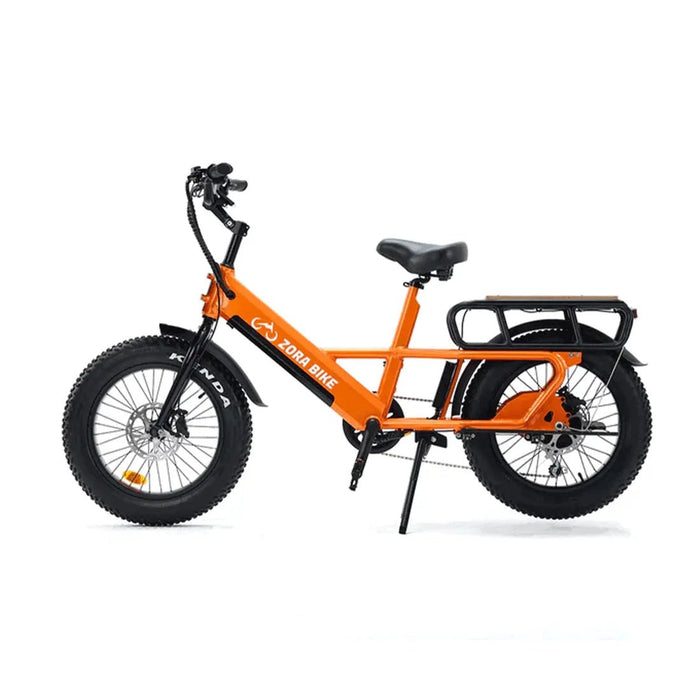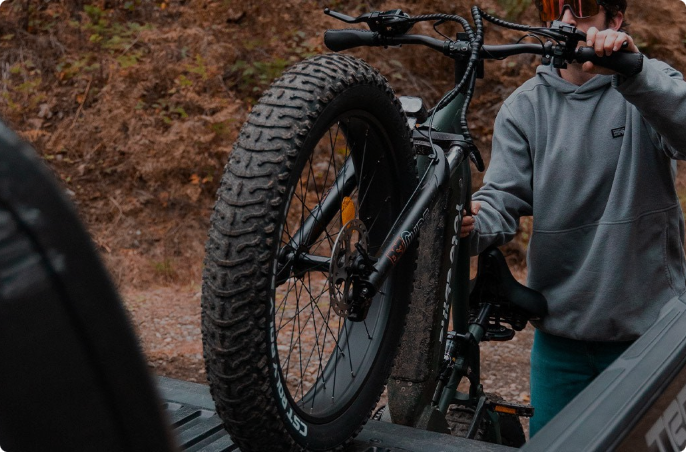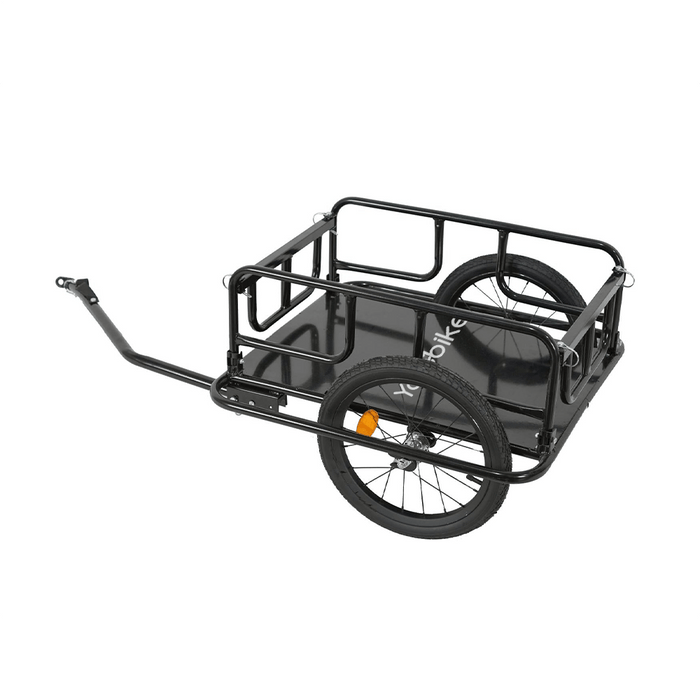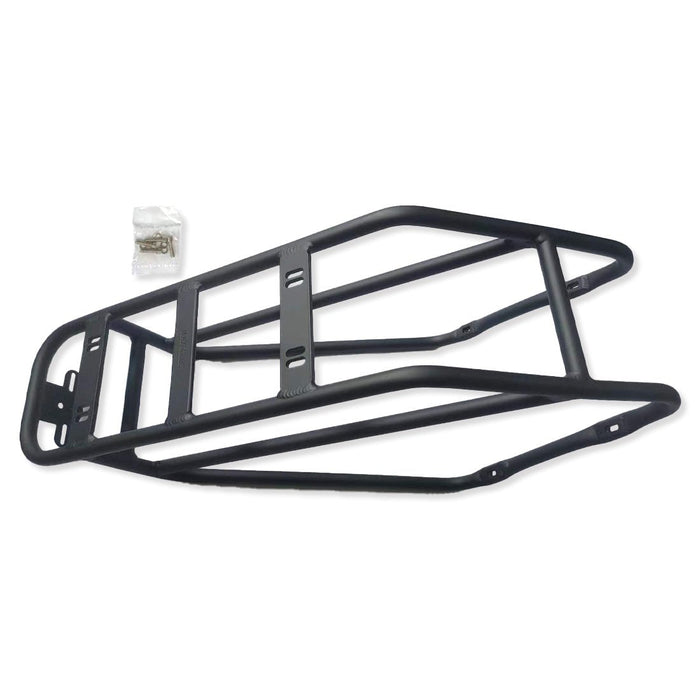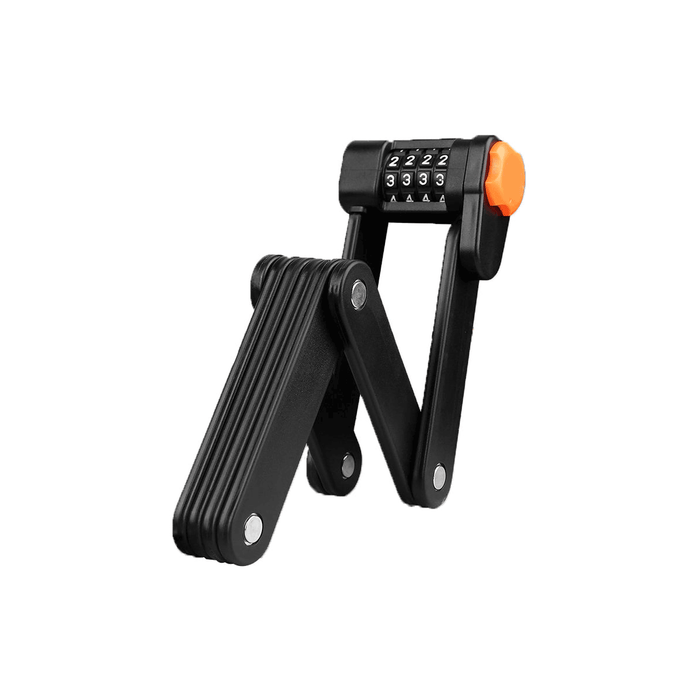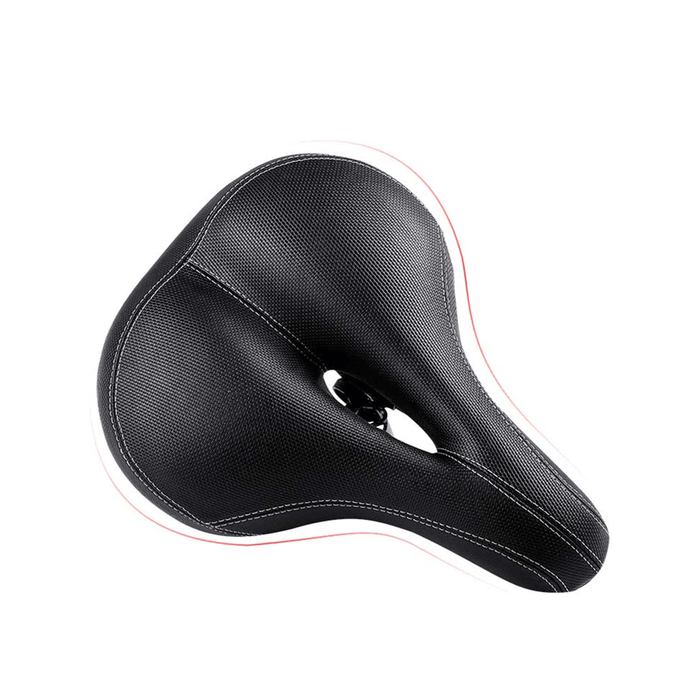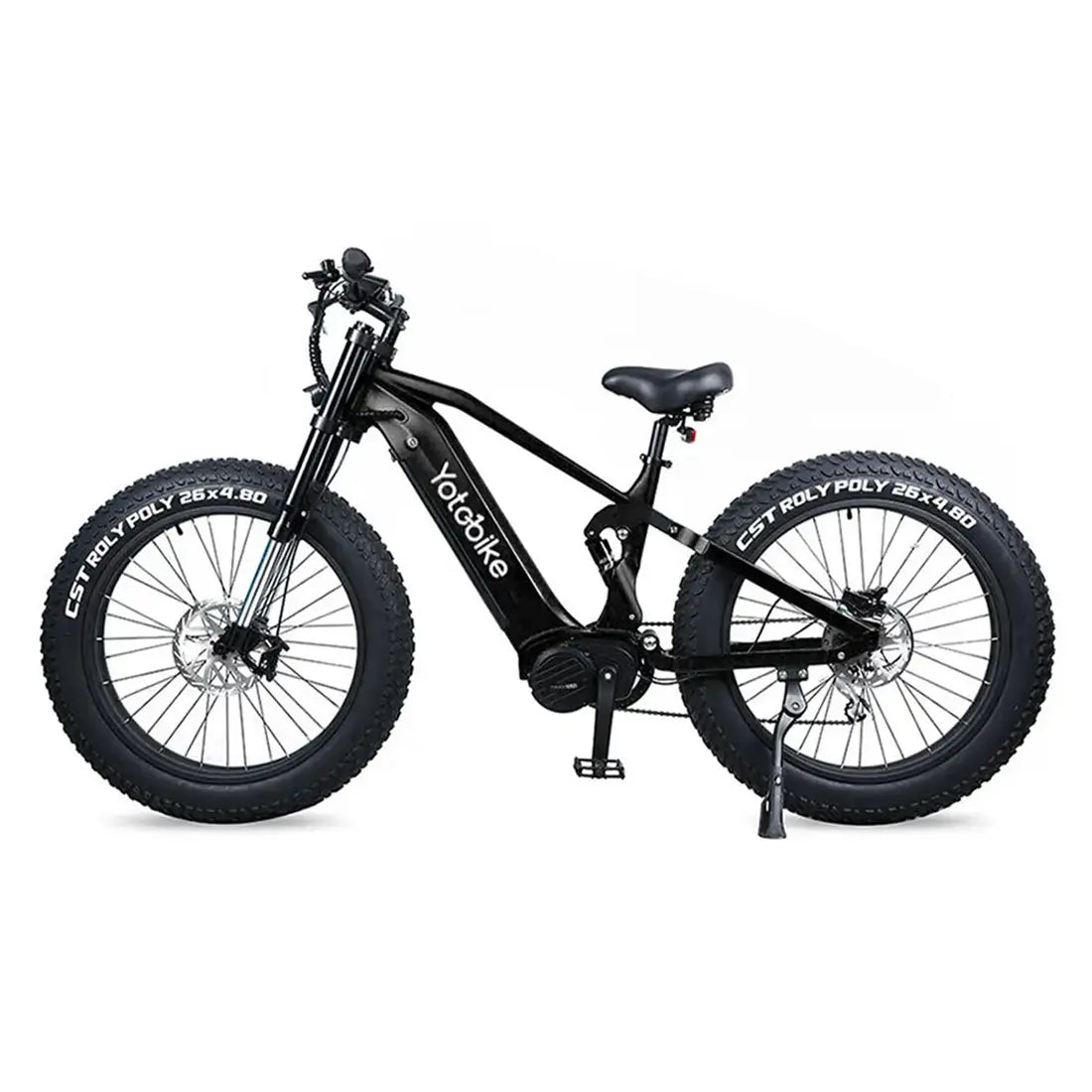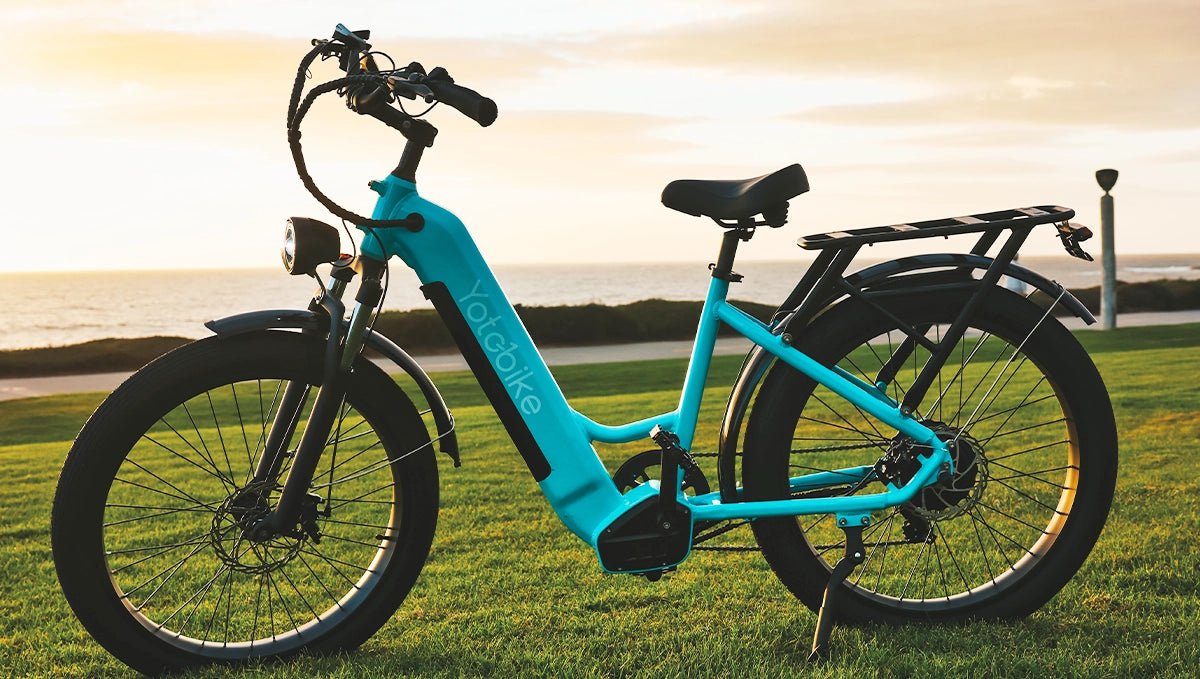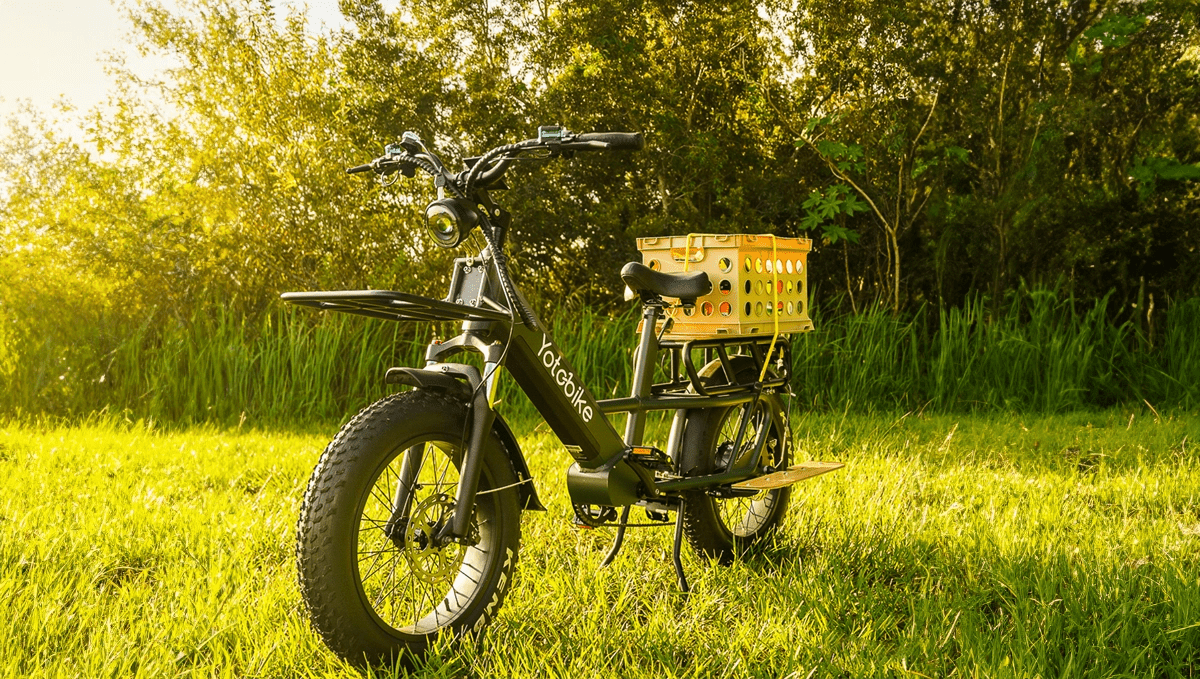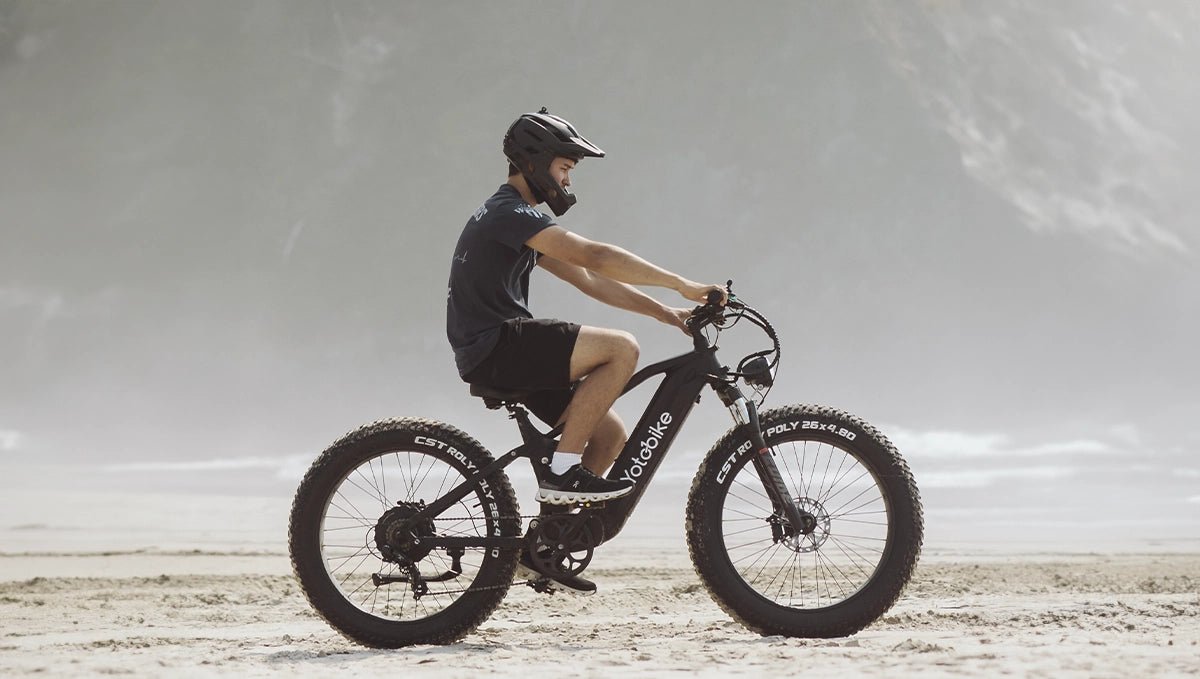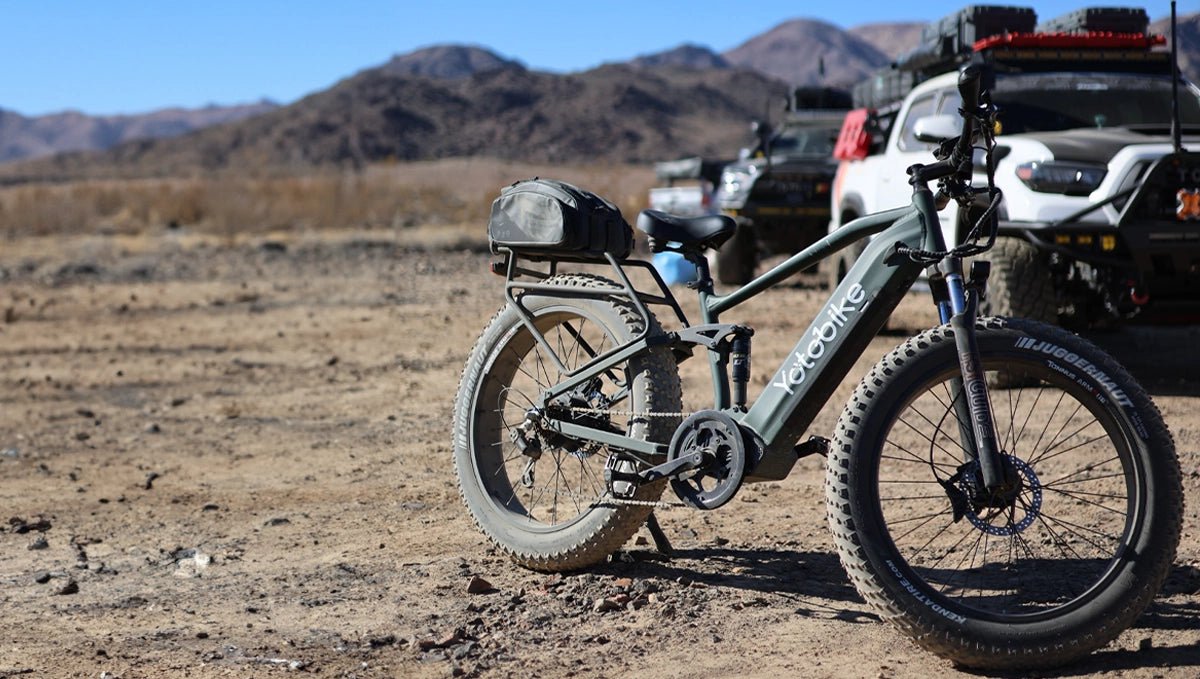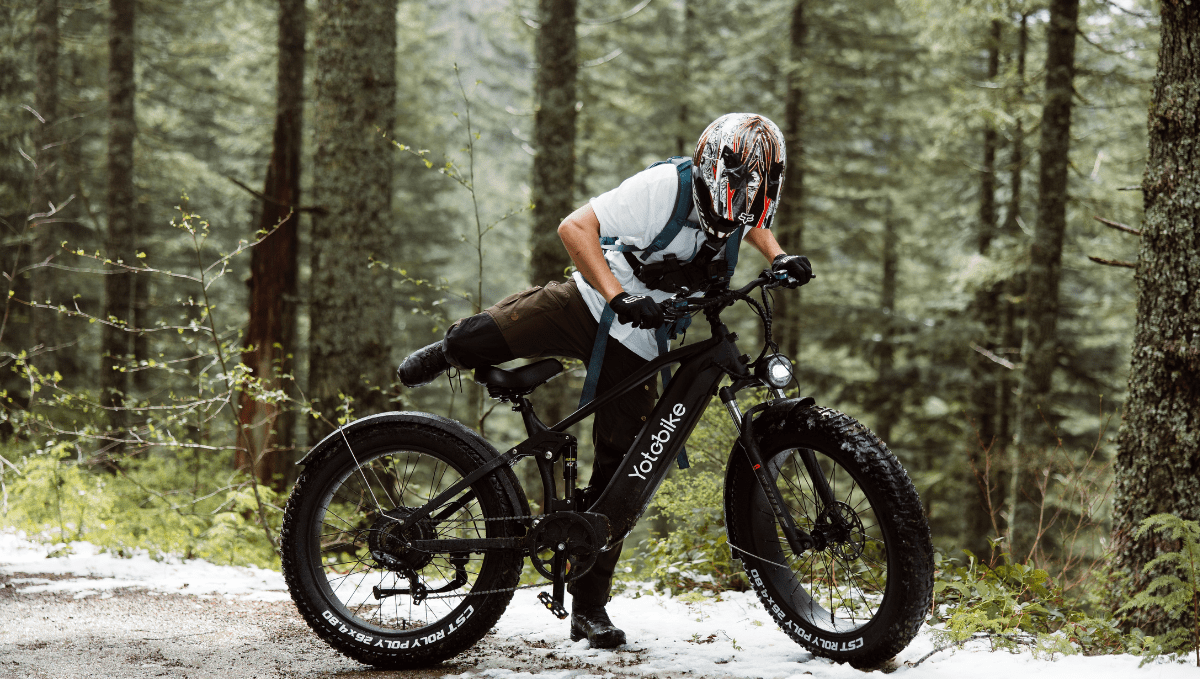
More and more people are ditching their motorbikes for electric bikes. Why? Well, it's all about going green. With the world leaning more towards eco-friendly choices, electric bikes are becoming a hit because they're cleaner and quieter.
But here's the big question: Do you need a license for an electric bike? It might seem like just hopping on a bicycle, but there might be more to it depending on where you live.
In this article, we're diving into the nitty-gritty of whether you need a license for an electric bike. We'll cover all the essential info you need to know, so you can ride your e-bike worry-free and fully informed. Stick around to learn what you need to do to keep things legal and fun on the road!

Do You Need a License for an Electric Bike?
Navigating the licensing requirements for electric bikes (e-bikes) in the United States can initially seem daunting, but the rules are quite straightforward. Generally, no license, registration, or insurance is required to operate an e-bike. However, this can vary based on the specific classification of the e-bike and state laws. E-bikes are typically categorized into three classes, which may influence the need for a license. It's crucial to understand the classification of your e-bike and check your state's regulations to ensure compliance. This understanding helps guarantee that your riding experience is both enjoyable and legal, keeping you informed and safe on the road.
Understanding E-Bike Classifications and Their Impact on Licensing
Electric bikes are classified into three main categories in the United States, each defined by their power output and operational capabilities. This classification plays a crucial role in determining the licensing requirements for e-bike riders.
- Class 1 and Class 2 eBikes:In most jurisdictions, these bikes are treated much like traditional bicycles. This means you typically do not need a license to ride them. They're considered low-speed electric bicycles under federal law, so they don't require registration or a license plate, making them an accessible option for many riders.
- Class 3 eBikes:Many wonder if do you need a license for a class 3 ebike. Due to their higher speeds, riders might face more regulations. Some states require riders to be a minimum age, usually 16 years old, and a few even require a driver's license or a specific e-bike license. It's essential to check your local state laws because these higher speeds can classify the bike more closely to a motor vehicle in the eyes of the law.
State-Specific E-Bike Regulations You Should Know
In the United States, the regulatory landscape for electric bikes (e-bikes) varies significantly from state to state, raising questions like "can you ride an ebike without a license?" To ensure compliance and safety, it is crucial to understand these differences. Here are several states with notable e-bike regulations:
New York
New York State recently passed legislation that defines and regulates e-bikes under similar categories. Class 3 e-bikes are restricted to streets and highways with posted speed limits of 30 mph or less, and all operators must wear helmets.
Colorado
Colorado treats e-bikes similar to traditional bicycles, allowing them on roads and bike paths unless a local jurisdiction has determined otherwise. Helmet use, while recommended for all cyclists, is mandated for riders under 18.
Texas
In Texas, e-bikes are exempt from the registration and licensing requirements that apply to motor vehicles. However, local municipalities can impose restrictions on e-bike use on certain trails and pathways.
Washington
Washington state has updated its policies to accommodate the growing popularity of e-bikes. While similar to traditional bicycles, Class 3 e-bikes in Washington are subject to 16-age restrictions and helmet laws.
Arkansas
In Arkansas, e-bikes are legally equivalent to regular bicycles, with no special licensing or registration required. Helmets are mandatory for riders under 21 operating a Class 3 e-bike. Class 3 e-bikes cannot be ridden by anyone under 17. Local laws may impose additional restrictions.
Delaware
Delaware does not recognize the universal e-bike classification but considers electric bikes with motors under 750W and a maximum speed of 20MPH as regular bicycles. No registration or operator’s license is necessary. Helmets are required for all riders and passengers under 18. E-bikes can be used on sidewalks and bike paths.
Georgia
Georgia treats electric bicycles the same as regular bicycles, with no need for registration or licenses. Helmets are mandatory for all, including passengers on a Class 3 e-bike, and only individuals over 15 can operate this class of vehicle. Class 3 e-bikes are generally not allowed on multi-use paths and bike paths, with a few exceptions.
Tips for Safe and Legal E-Bike Riding
Riding an ebike combines the joy of cycling with the added boost of electric power, making it a fantastic option for commuting, leisure, or fitness. However, to ensure you're both safe and adhering to the law, it's important to follow some essential guidelines.

Here are some practical tips for safe and legal e-bike riding:
- Know Your E-Bike's Classification
- Understand your e-bike’s class:As we've seen, e-bikes come in different classes, which can affect where and how you can legally ride them. Class 1 and 2 e-bikes are generally allowed on bike paths, while Class 3 e-bikes might be restricted to road use in some areas.
- Check local regulations:E-bike laws can vary significantly by state and even by local jurisdiction. Make sure you understand the rules applicable in your area, such as age requirements, helmet laws, and where you can legally ride your e-bike.
- Always Wear a Helmet
- Safety first:Regardless of local helmet laws, wearing a helmet is crucial for your safety. Helmets can dramatically reduce the risk of head injuries in the event of an accident.
- Proper fit and certification:Ensure your helmet fits properly and is rated for cycling. Look for helmets that meet safety standards such as those set by the Consumer Product Safety Commission (CPSC).
- Use Proper Gear and Equipment
- Visibility:Equip your e-bike with lights and reflective materials, especially if you plan to ride at night or in low-light conditions. This helps make you more visible to other road users.
- Safety gear: Besides a helmet, consider wearing gloves, eye protection, and appropriate footwear. These can protect you from injuries and improve your control over the bike.
- Maintain Your E-Bike Regularly
- Regular checks:Keep your e-bike in top condition with regular maintenance checks. Look over brakes, tires, battery life, and the motor to ensure everything is functioning correctly.
- Professional servicing:If you're not confident in performing maintenance tasks yourself, take your e-bike to a professional. Regular servicing can help prevent breakdowns and accidents.
- Ride Responsibly
- Follow traffic rules: Treat your e-bike as you would any vehicle. Follow all traffic signs and signals, ride in the direction of traffic, and use designated bike lanes when available.
- Be predictable: Use hand signals to indicate turns and stops to other road users. Avoid weaving between traffic or making sudden moves.
- Be Courteous and Aware of Your Surroundings
- Share the road:Be mindful of pedestrians, other cyclists, and vehicles. Keep a safe distance when overtaking other bikes or when riding near pedestrians.
- Stay alert: Avoid using headphones or anything that could distract you from the road. Always be aware of your surroundings and anticipate the actions of others.
- Understand the Capabilities and Limitations of Your E-Bike
- Speed management:Know how fast your e-bike can go, especially if it's a Class 3. Managing your speed according to your environment and local laws is important for safety.
- Battery life:Keep an eye on your battery's charge level and know how far you can go on a single charge to avoid getting stranded.
- Secure Your E-Bike
- Theft prevention:Use a high-quality lock and secure your e-bike to immovable objects when not in use. Consider registering your e-bike with local authorities if available, as this can help recover it if stolen.
- Insurance: Look into insurance options for your e-bike to protect against theft, damage, and liability.
Conclusion
Navigating the world of electric bikes reveals a key question: do you need a license for an electric bike? The answer largely depends on where you live and the specific e-bike class you're riding. While most Class 1 and 2 e-bikes don't require a license, Class 3 e-bikes might, due to their higher speeds. Always check your local regulations to ensure you're riding legally and safely, keeping both fun and compliance in balance as you explore on two wheels.
FAQ
Now, let's answer:
Does an Ebike Need a License Plate?
Generally, ebikes does an ebike need a license plate. In the United States, most states categorize ebikes similar to bicycles, exempting them from the registration and licensing requirements typical for motor vehicles. However, local laws can vary, so it's essential to check the specific regulations in your state or city.
Which Electric Bike Does Not Require License?
In most jurisdictions, Class 1 and Class 2 electric bikes do not require a license to operate. These ebikes have a motor that assists only when pedaling, and the motor ceases to assist at speeds above 20 mph for Class 1 and includes a throttle for Class 2. Class 3 ebikes, which can assist up to 28 mph, may require a license in some states due to their higher speeds.
Can You Ride an Electric Bike with a Suspended License?
Yes, you can usually ride a Class 1 or Class 2 electric bike with a suspended license, as these do not require a driver's license and are treated like regular bicycles. However, for Class 3 ebikes, which are faster, check local laws as some jurisdictions might impose restrictions depending on the reason for your license suspension.

